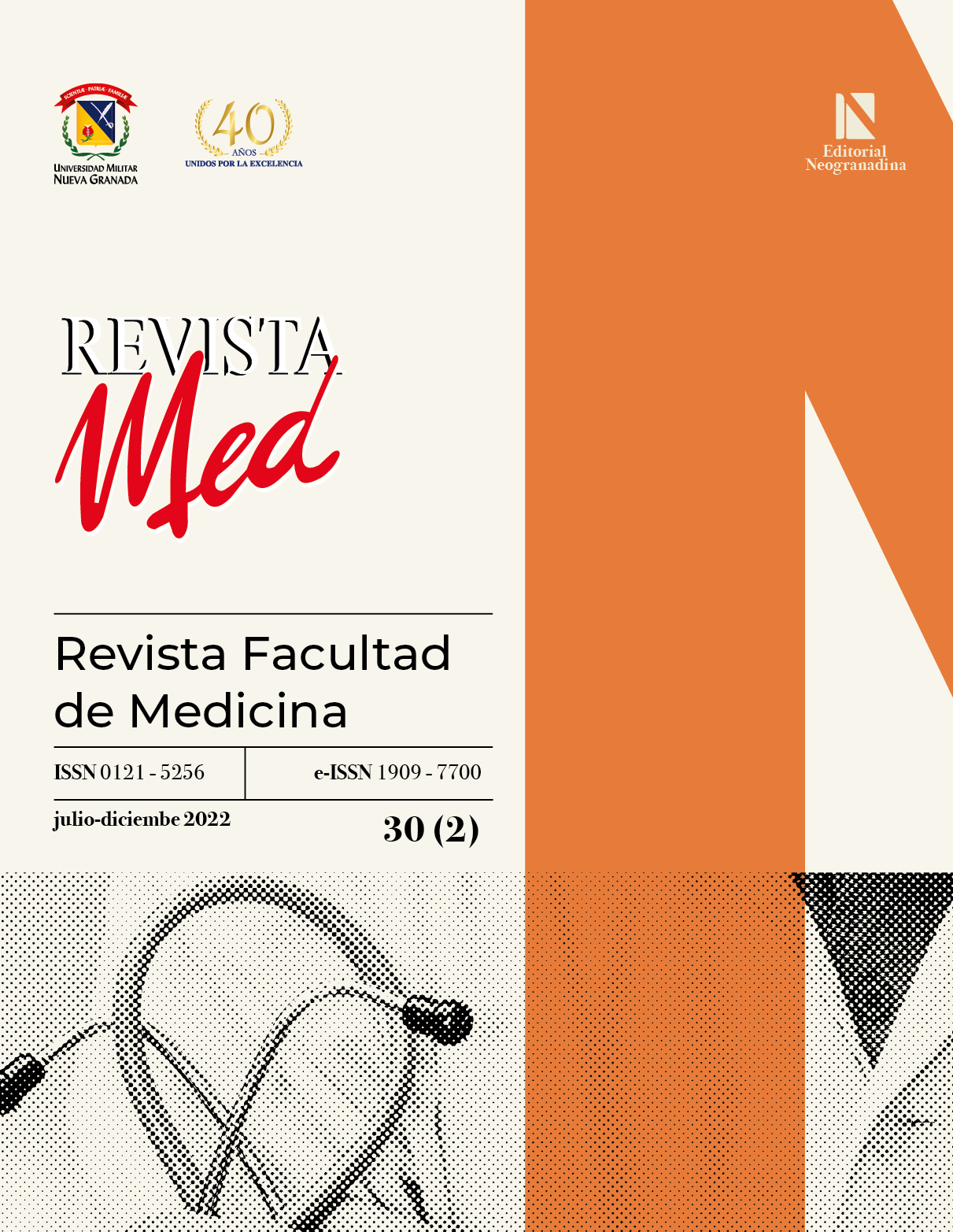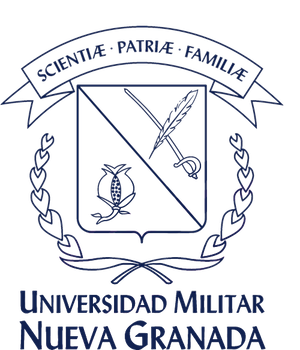Foundation of Evil and Its Relationship with Thought Processes, Disease, and Medical Practice
Abstract
The question of the origin of evil is situated at the intersection of moral, theological, and philosophical realms. In modernity, attempts were made to achieve a complete separation between theological discourse and that of philosophy, and more recently, with bioethics. This article explores the conceptualization of evil and its presence in modern thought through Leibniz’s theodicy, Kant’s theory, Nietzsche’s perspective on evil, and Hannah Arendt’s approach to the radicalization and banality of evil. Various forms of understanding evil (instrumental, demonic, idealistic, stupid, selfish,
and sadistic pleasure) are considered, aiming to establish their relationship with medical practice while acknowledging the complexity of this relationship. A systematic search for information was conducted, and through bioethical and hermeneutical analysis, it is possible to conclude that the concept of evil has been approached from theological (in relation to sin), moral (Kantian), and political (Arendt) perspectives, all linked to actions resulting in harm to the patient. Examining patients’ and healthcare professionals’ experiences with maleficence provides valuable input for the development
of new research directions.
Downloads
References
Kottow M. Maleficencia y la banalidad del mal: una reflexión bioética. Revista Latinoamericana de Bioética [Internet]. Universidad Militar Nueva Granada; [Internet]. 2014 Feb 17;14(26-1):38. http://dx.doi.org/10.18359/rlbi.495
Leiva Bustos J. Mal absoluto, mal radical, banalidad del mal. La comprensión del mal en Hannah Arendt. Bajo Palabra [Internet]. Servicio de Publicaciones de la Universidad Autónoma de Madrid; 2019 Nov 18;(22):57.http://dx.doi.org/10.15366/bp2019.22.002
Cardona L. Consideraciones filosóficas sobre el origen y localización del mal. En Simposio sobre el origen del mal, organizado por el Centro de Estudios Filosóficos (CEF) de la Pontificia Universidad Católica del Perú,Lima, Perú; 2016.
Castillo F. El mal. Una mirada desde la reflexión filosófica. Santiago de Chile: UCSH; 2004.5. Guillén T. Ensayos de Teodicea; Introducción, traducción y notas. Granada: Editorial Comares; 2012.
Guillén T. Ensayos de Teodicea; Introducción, traducción y notas. Granada: Editorial Comares; 2012. 6. Flores Eudave CA. El mal, la razón y el dolor: breve análisis de los principios de la ética en Kant y en Schopenhauer. Luxiérnaga - Revista de Estudiantes de Filosofía [Internet]. Universidad Autónoma de Aguascalientes; 2013 Jun 30;3(5):12-26. http://dx.doi.org/10.33064/5luxirnaga585
Cardona L. Mal y sufrimiento humano. El reconocimiento dialógico de la perversidad humana. Mal y sufrimiento humano. Un acercamiento filosófico a un problema clásico. Bogotá: Editorial Pontificia Universidad Javeriana; 2013. pp. 251-331.
Fernández M. Nietzsche, el buen cristiano. Repositorio Institucional del ITESO; 2012. Recuperado de http://hdl.handle.net/11117/1941
Frankel D. Radicalidad del mal banal y mesianismo en las políticas públicas. Cátedra Paralela [Internet]. Universidad Nacional de Rosario; 2021 Jun 30;(11):214-39.http://dx.doi.org/10.35305/cp.vi11.20
Arendt H. Eichmann en Jerusalén: un estudio sobre la banalidad del mal. Madrid: Alianza Editorial; 1963. (2012).
López M. Arendt, Eichmann y la banalidad del mal. Arbor [Internet]. Editorial CSIC; 2010 Mar 26;186(742):287-92. http://dx.doi.org/10.3989/arbor.2010.742n1108
Estrada MA. La normalidad como excepción: la banalidad del mal en la obra de Hannah Arendt.Revista Mexicana de Ciencias Políticas y Sociales [Internet]. Universidad Nacional Autónoma de México; 2013 Oct 10;49(201). http://dx.doi.org/10.22201/fcpys.2448492xe.2007.201.42590
Wagon M. La dimensión política del mal radical y de la banalidad del mal en el pensamiento de Hannah Arendt. Cuadernos Filosóficos / Segunda Época Universidad Nacional de Rosario [Internet]. 2020 Nov 13;(16). http://dx.doi.org/10.35305/cf2.vi16.62
Svendsen LFH. Evil and Freedom. The Routledge Handbook of the Philosophy of Evil. Routledge [Internet]. 2019 May 1;294-305. http://dx.doi.org/10.4324/9781315679518-23
Baumeister R. Evil: Inside Human Cruelty and Violence.New York: Free Co; 1997.
Baron-Cohen S. The Science of Evil: On Empathy and the Origins of Cruelty. New York: Basic Books; 2011
Ávila J. Evil and Malficiency in Medicine and Medical Act. An Approximation from Bioethics. Sylwan Journal.2020;164(3).
Ávila-Morales J. La deshumanización en medicina.Desde la formación al ejercicio profesional. [Internet].Iatreia 2017;30(2):216-29. http://dx.doi.org/10.17533/udea.iatreia.v30n2a11
Ávila Morales J. Consideraciones de la fragilidad humana frente a la conducta moral del médico. [Internet].Revista Med 2017 Sep 25;25(2):117-25.
Vera O. Aspectos éticos y legales en el acto médico. Revista Médica La Paz. 2013 Dic;19(2):73-82. Disponible en: http://www.scielo.org.bo/scielo.php?script=sci_arttext&pid=S1726-89582013000200010
Perales A. El acto médico: criterios, definición y límites. Revista Diagnóstico. 2011 Ene-feb; 40(1). Disponible en: http://www.fihu.org.pe/revista/numeros/2001/enefeb01/46-52.html
Cortés G. Medical Act as Etical Human Act. Rev CONAMED 2005; 72(1):27-30. Disponible en: https://www.medigraphic.com/cgi-bin/new/resumenI.cgi?IDARTICULO=79832
Cardona Suárez LF. Enfermedad y metáfora. Pensamiento Revista de Investigación e Información Filosófica [Internet]. 2020 Abr 30;76(288):89-111. http://dx.doi.org/10.14422/pen.v76.i288.y2020.005
Ávila J. The Voice and the Dialogue as an Encounter Against the Pain and Suffering of the Patient. Sylwan Journal. 2020;164 (3).
Pelluchon C. La autonomía quebrada. Bioética y filosofía.Bogotá: Editorial Universidad El Bosque; 2013.
Sontag S. La enfermedad y sus metáforas. El sida y sus metáforas. Bogotá: Penguin Random House; 2017.
Gadamer H. El estado oculto de la salud. Barcelona: Gedisa; 2011.
Agrest A. Ser médico ayer, hoy y mañana. Puentes entre la medicina y la sociedad. Buenos Aires: Libros de Zorzal; 2008.
Pelluchon C. El ejercicio de la medicina: valores de los pacientes, normas de los profesionales, conflictos y deliberación pública. Revista Colombiana de Bioética [Internet]. 2015 Nov 19;6(2):138. http://dx.doi.org/10.18270/rcb.v6i2.833
Jaspers K. La idea del médico. La práctica médica en la era tecnológica. Barcelona: Editorial Gedisa; 1998.
Ricoeur P. El mal. Un desafío a la filosofía y a la teología. Buenos Aires – Madrid: Amorrortu editores; 2004.
Moratalla TD. Bioética y hermenéutica: la aportación de Paul Ricoeur a la bioética. Veritas. 2007 Sep;2(17):281-312. Disponible en: https://www.redalyc.org/pdf/2911/291122924005.pdf
Copyright (c) 2023 Revista Med

This work is licensed under a Creative Commons Attribution-NonCommercial-NoDerivatives 4.0 International License.











